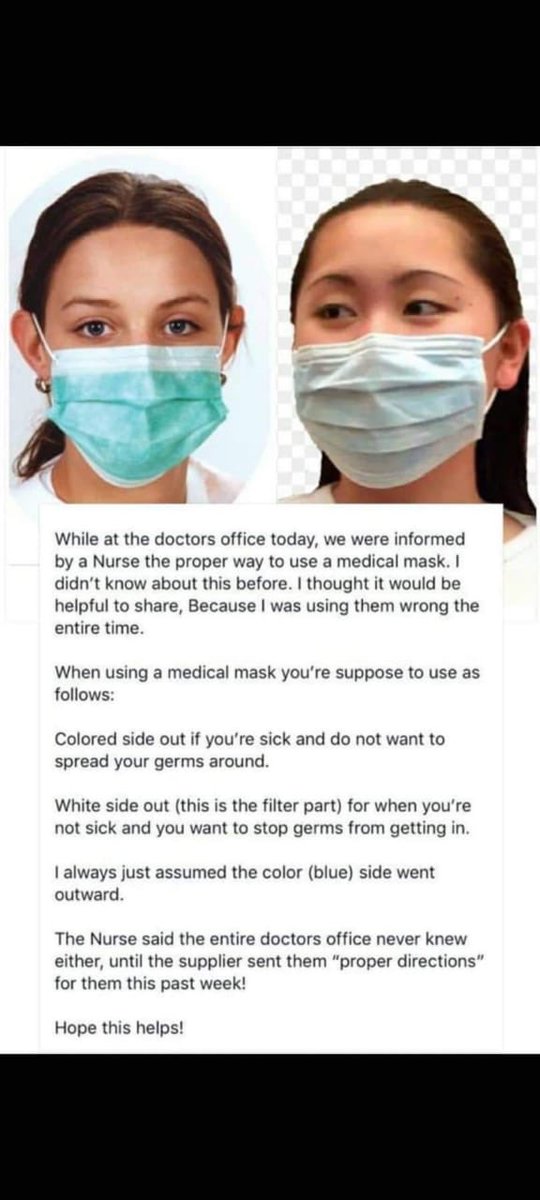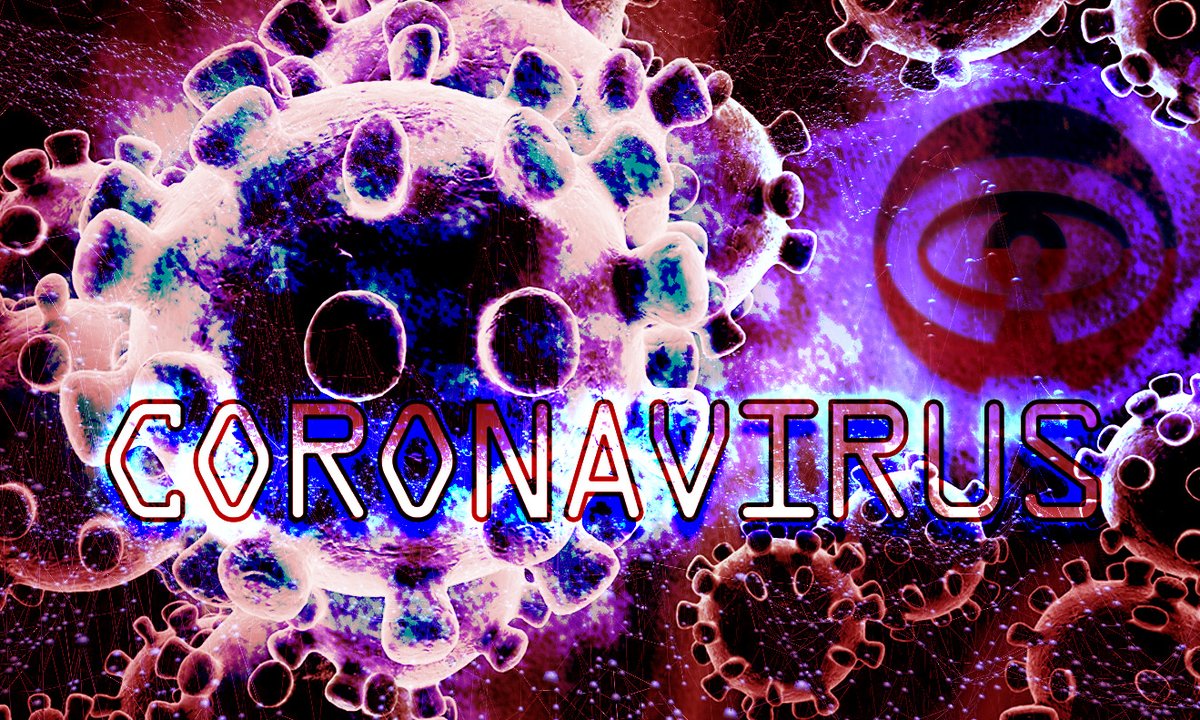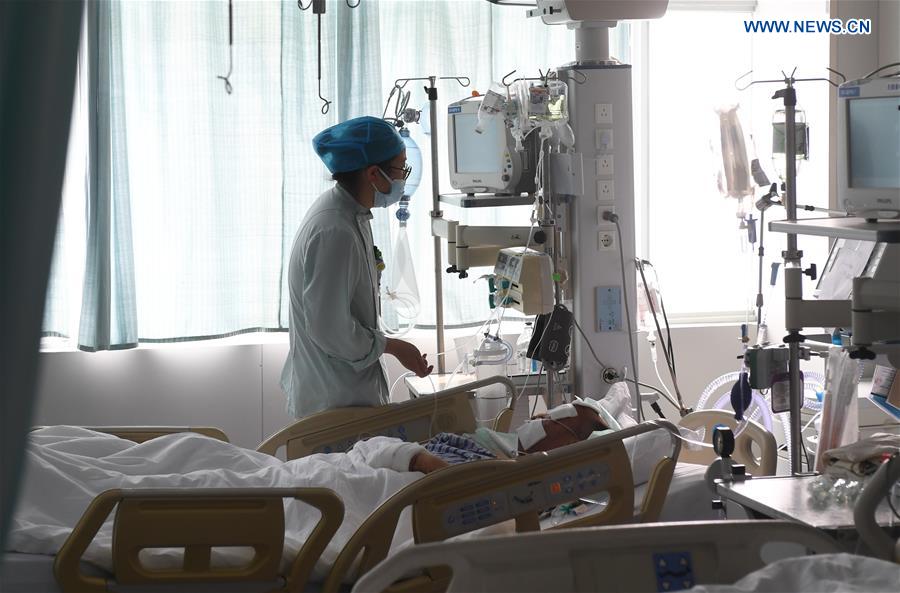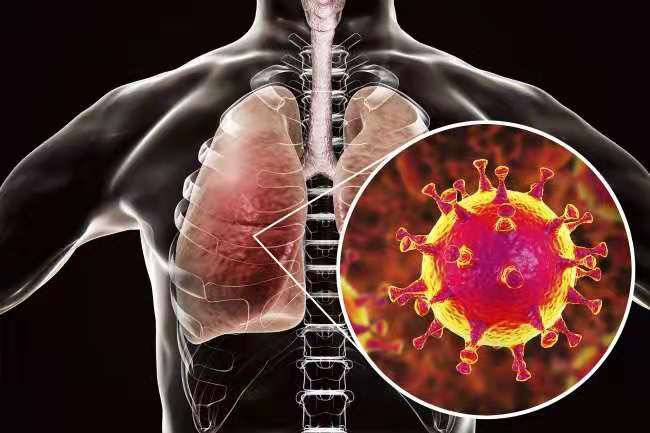So here’s what doctors, researchers and the CDC say you can do now — and in the event of a future outbreak — to prepare and protect yourself
‘Don’t panic’
Timothy Brewer is a professor of epidemiology and medicine at UCLA’s Fielding School of Public Health and its
“Don’t panic,” he said. “There’s no value in panicking or telling people to be afraid. Don’t let fear and emotion drive the response to this virus. That can be extremely difficult because it
Brewer said it’s important to remember that covid-19 is a respiratory disease, as is influenza, and while there’s not a vaccine for it,
A few minutes into a phone call with a reporter, Brewer paused, coughed and then explained himself. “I’m currently recovering from a non-covid respiratory virus,” he said.
But the precautions he took when fighting his influenza-like illness are
You have seen the guidance before: Wash your hands regularly. Cover your nose and mouth when you sneeze. And when you’re sick, stay home from work or school
The CDC recommends washing with soap and water for at least 20 seconds after using the bathroom, before eating and after blowing your nose or sneezing. It also advises not to touch your eyes, nose and mouth and to clean objects and surfaces
“These are all things you can do to prevent the spread of pretty much any respiratory virus,” Brewer said.
And for the record, he added, he stayed home sick last week.
“I practiced what I preached,” Brewer said.









